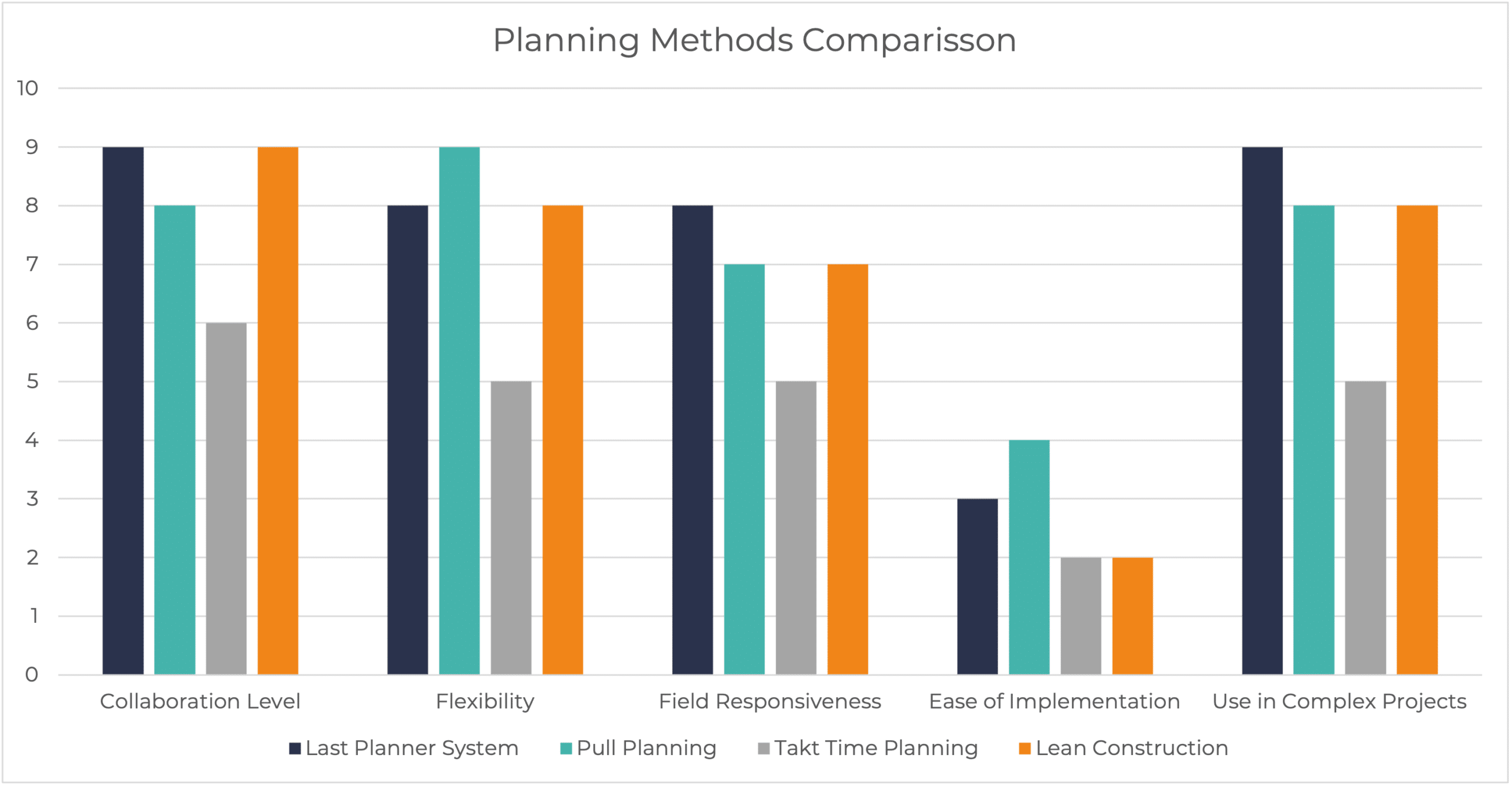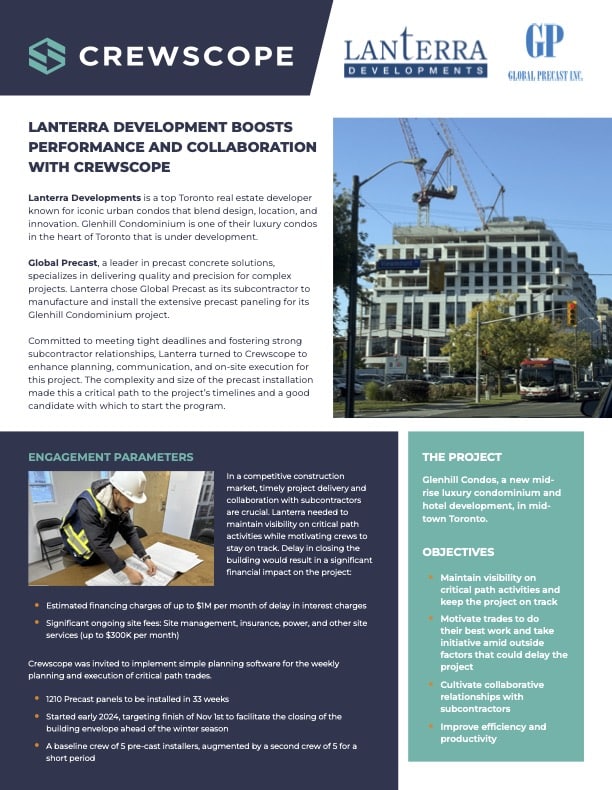
The benefits of employee engagement are well studied: improved productivity, attendance, and retention. A recent study conducted by Harvard Business Review found that 81% of business leaders strongly agree that highly engaged employees perform better and are more productive.
We recently attended Construct Canada at the Metro Toronto Convention Centre and attended sessions on workforce productivity and retention. When we asked questions about employee engagement, we were surprised to learn that it was not a focus to address these critical issues.
We confirmed our findings during primary interviews with construction leaders. This post will dig into the four reasons why the construction industry is behind on employee engagement. It will unearth insights into the nature of the industry today and where it is going.
Access & communication barriers: Construction workers can be difficult to reach. They spend their day outside and are not sitting at a desk. Most workers do not even have a company email address. Company communications are usually delivered verbally at tool-box talks.
Lagging technology adoption: Many engagement initiatives require employee interviews and surveys. It is hard to manually distribute, compile and analyze these inputs with a distributed workforce. Many survey tools exist, but they require email addresses and mobile access.
Historical labor abundance: Up until recently, there have been plenty of skilled workers, and treating them harshly was an acceptable way to motivate productivity. “If you don’t like it then leave” is an old-fashioned attitude that blunts any investment in employee engagement.
Fungible crew: hourly pay rates are often set by role and years of experience. They often do not reflect an individual’s ability or motivation. When companies treat hourly workers as identical and replaceable, there is little incentive to invest in engagement.
The severe shortage of skilled workers is compressing profitability as labor costs go up without equal improvements in productivity. There exists a huge opportunity to differentiate the hourly worker experience through engagement initiatives and outcompete for skilled talent.
Hourly workers can be knowledge workers, especially when they are empowered to share their expertise and think proactively about their work. Construction companies that get this right by investing in employee engagement will disrupt the industry.


